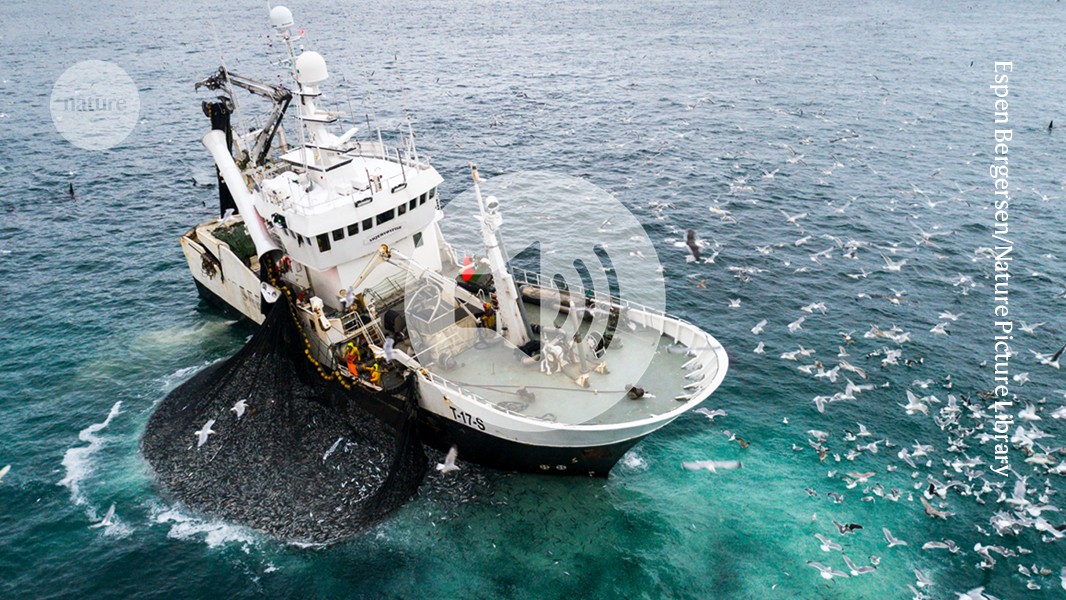
"Selective fishing of older herring has led to a significant alteration in their migration patterns, shifting from traditional spawning areas to locations further north."
"The removal of older herring prevents young fish from learning about the best spawning grounds, highlighting the impact of human activity on wildlife and ecosystems."
"AI companions are increasingly popular among users; however, the research on their potential effects on mental health is still limited and underexplored."
"The popularity of AI companions raises questions about their impact on social well-being, underscoring the need for more in-depth studies in this area."
Recent research indicates that selective fishing of older herring has significantly altered their traditional migration patterns, pushing them to spawn hundreds of kilometers further north. This change, noted in 2020, is attributed to the removal of older fish that possess knowledge about optimal spawning sites, leaving younger fish without guidance. Additionally, the podcast discusses the surging popularity of AI companions, emphasizing a need for more research on their effects on users' mental health, as their interactions could range from supportive to addictive or even abusive.
Read at Nature
Unable to calculate read time
Collection
[
|
...
]